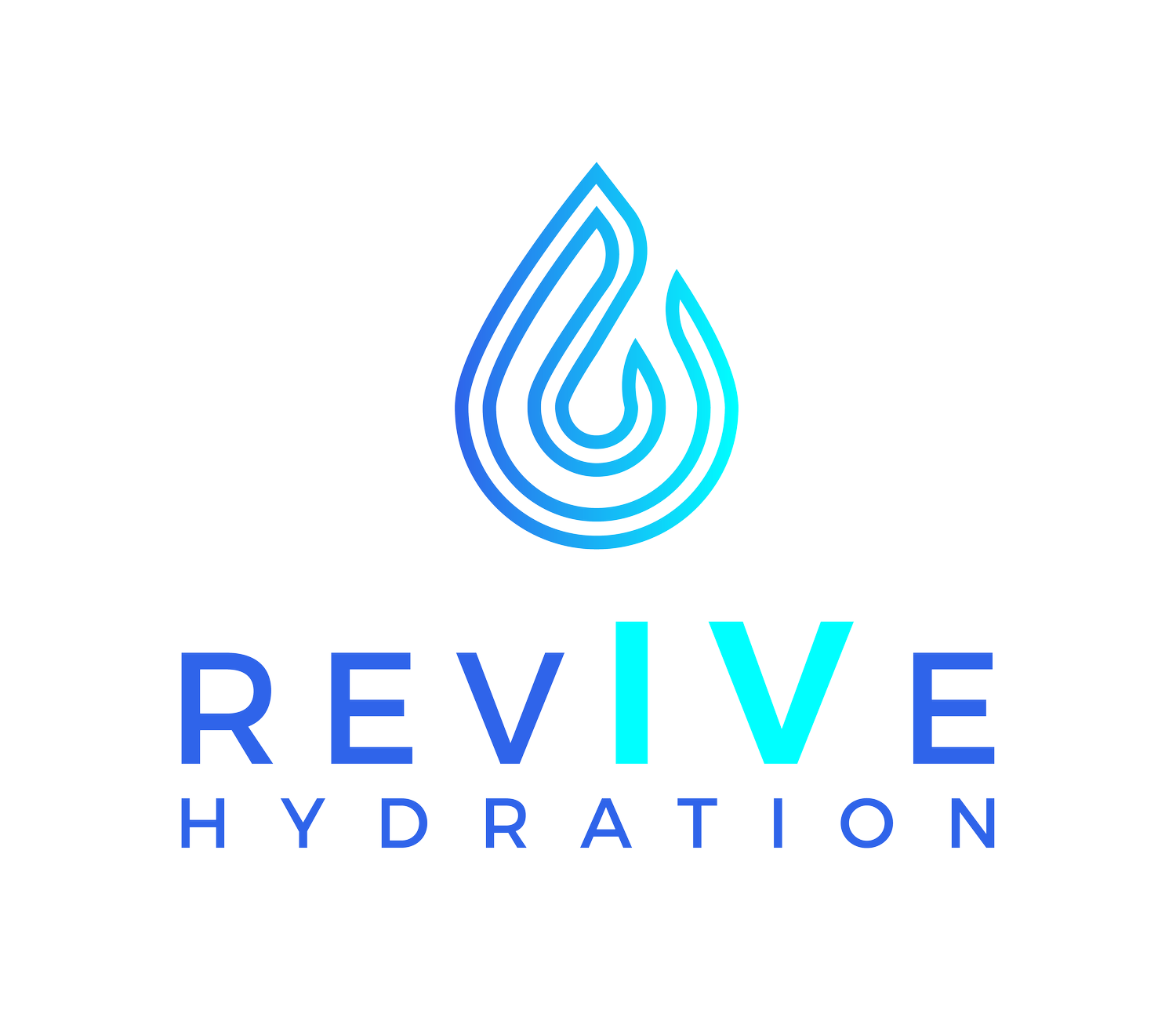Is IV Hydration Safe? Exploring the Growing Health Trend
Introduction
In recent years, IV hydration therapy has gained popularity as a quick and efficient method to rehydrate and replenish the body with essential nutrients. While many people swear by its benefits, others question its safety and necessity. In this blog post, we will delve into the world of IV hydration therapy, exploring its pros and cons to determine whether it is a safe and effective treatment option.
What is IV Hydration Therapy?
Intravenous (IV) hydration therapy involves administering fluids, vitamins, minerals, and electrolytes directly into the bloodstream through a small needle inserted into a vein. This method bypasses the digestive system, allowing for faster and more efficient absorption of nutrients. IV hydration therapy is commonly used in hospitals to treat dehydration, nutrient deficiencies, and certain medical conditions. However, it has also gained popularity as a wellness treatment for individuals seeking to boost their energy, improve their immune system, or recover from a hangover.
The Pros of IV Hydration Therapy
1. Rapid Rehydration: IV hydration therapy provides immediate relief from dehydration, as fluids are directly introduced into the bloodstream. This can be particularly beneficial for athletes, individuals suffering from a hangover, or those experiencing severe dehydration due to illness.
2. Efficient Nutrient Absorption: Since IV hydration bypasses the digestive system, nutrients are absorbed more efficiently and quickly. This can be helpful for individuals with nutrient deficiencies or those who have difficulty absorbing nutrients through their gastrointestinal tract.
3. Customizable Treatments: IV hydration therapy can be tailored to meet the specific needs of each individual, with customized blends of vitamins, minerals, and electrolytes to address various health concerns.
The Cons of IV Hydration Therapy
1. Potential Risks: As with any medical procedure, there are potential risks associated with IV hydration therapy. These may include infection, inflammation, or injury at the injection site, as well as the possibility of an allergic reaction to the administered substances. Please communicate openly and honestly with the medical team during your wellness exam to look out for potential risks.
2. Cost: IV hydration therapy can be expensive, with treatments ranging from $100 to $300 per session. This can be a significant financial burden, especially for those who seek regular treatments.
Conclusion
In conclusion, IV hydration therapy can be a safe and effective method for rapid rehydration and nutrient replenishment when administered by a qualified professional. However, it is essential to weigh the potential risks and costs against the benefits before deciding if IV hydration therapy is right for you. Always consult with a healthcare professional before undergoing any medical treatment, including IV hydration therapy, to ensure it is safe and appropriate for your individual needs.

